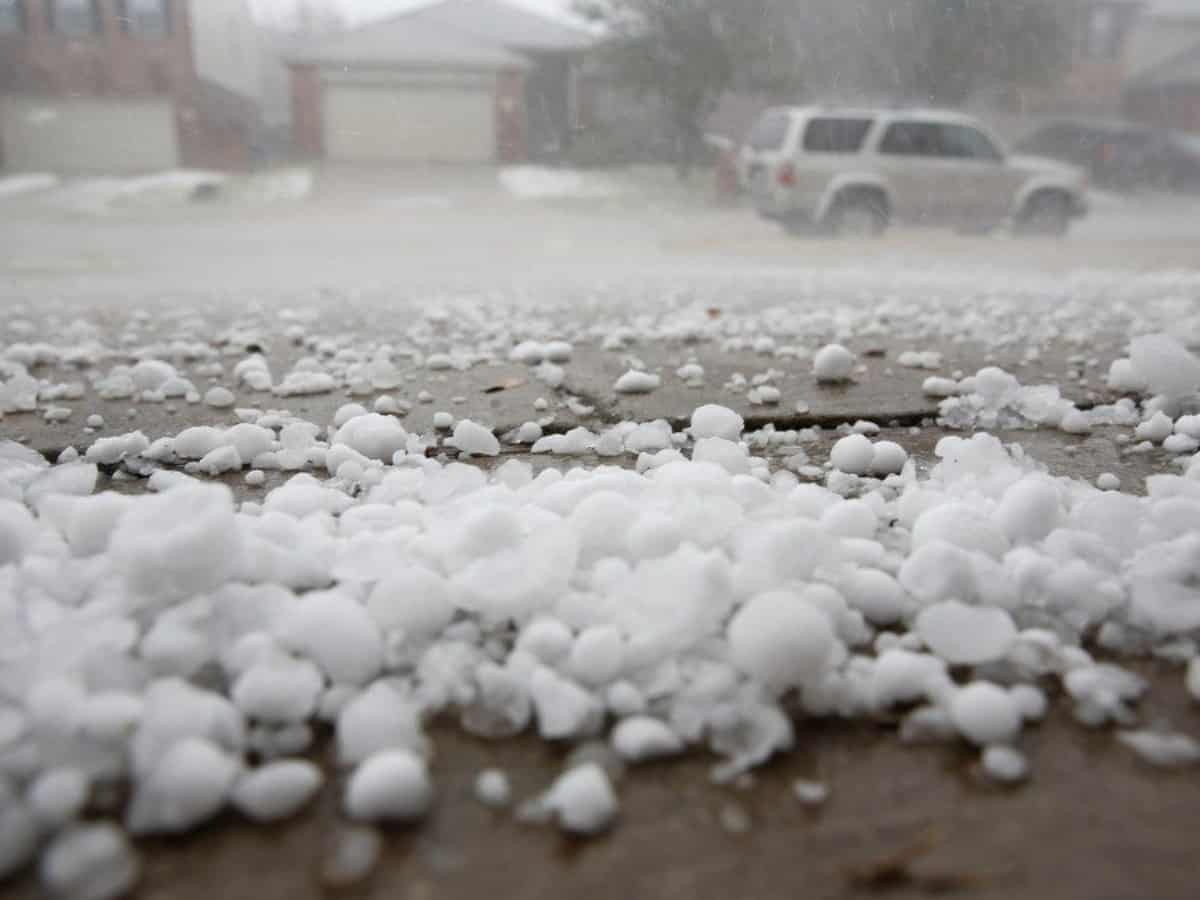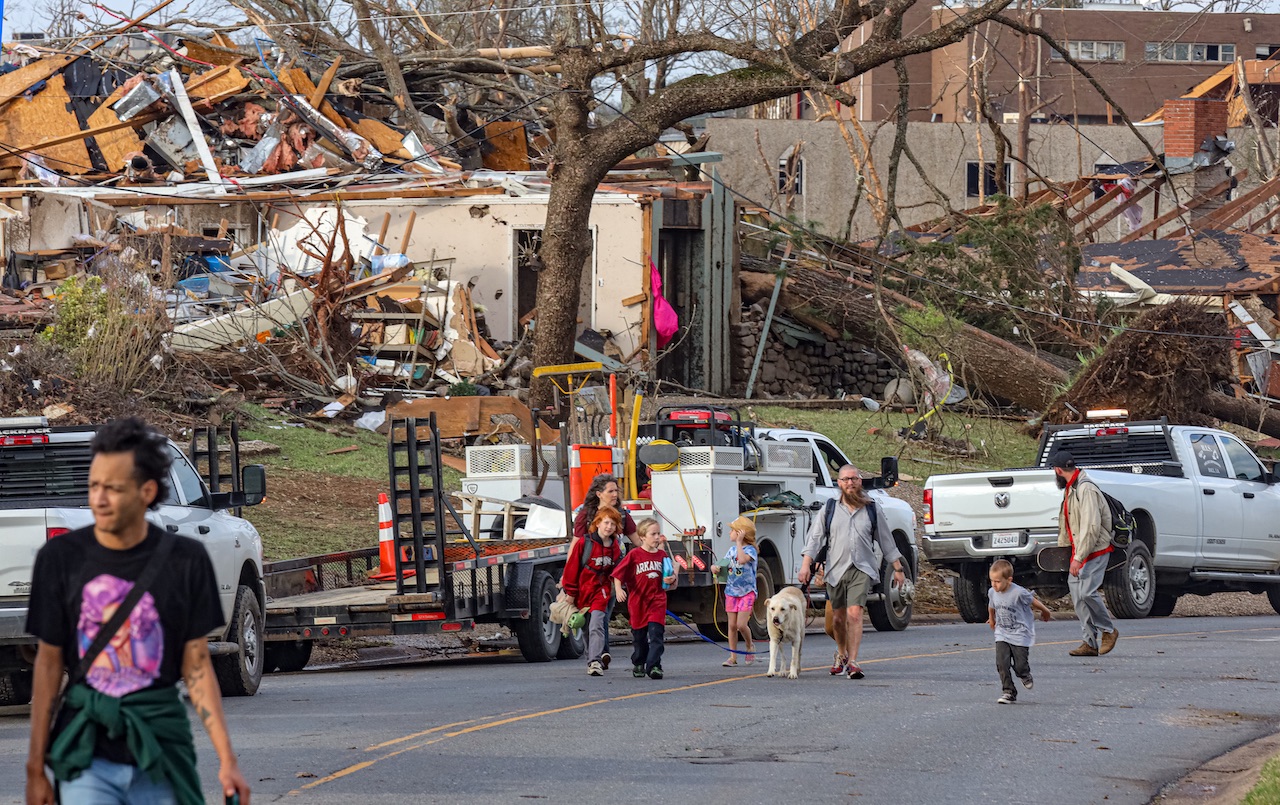The devastating power of nature often reminds us of the fragility of human existence and the strength of the forces that shape our planet. In recent years, natural disasters have become more frequent and intense, with hurricanes being one of the most destructive forces. The recent tragedy in Florida, where a hurricane completely destroyed an entire city, stands as a stark reminder of the potential havoc these storms can wreak on communities and their residents.
Hurricanes, like the one that struck Florida, are capable of causing widespread devastation. These storms are fueled by the warm waters of the oceans and can rapidly gain strength as they move across the sea. As they approach land, their winds can exceed 150 miles per hour, causing roofs to be torn off buildings, trees to be uprooted, and power lines to be knocked down. The hurricane’s force is not limited to just the wind; the accompanying rainfall often causes catastrophic flooding, further compounding the destruction.
The impact of such a disaster goes beyond the immediate damage to infrastructure. The emotional toll on residents, who lose their homes, businesses, and loved ones, is profound. For many, the destruction is not just physical but psychological as well. Communities are left to rebuild, but this process can take years. In the wake of the storm, residents must not only recover their material losses but also deal with the trauma and the long-term impacts of their experience.
In Florida’s case, the destruction of the city may seem unimaginable to those who have never lived through such a disaster. Yet, this tragedy is part of a larger pattern, as climate change is increasingly influencing the intensity of storms. Rising ocean temperatures, along with more extreme weather patterns, are making hurricanes more powerful, unpredictable, and devastating.

In response to these challenges, local, state, and federal authorities must come together to improve disaster preparedness, enhance infrastructure resilience, and provide support for affected communities. However, while preparedness is essential, the responsibility to address the root causes of climate change and mitigate its effects is equally important. Governments, businesses, and individuals all play a role in reducing greenhouse gas emissions and promoting sustainability to prevent further damage to our planet.
The tragedy in Florida is a somber reminder of the power of nature and the need for proactive measures to protect communities. It is not enough to merely rebuild after the storm; we must learn from each disaster and take steps to minimize the risks of future calamities. As we face an uncertain future, it is vital that we come together to ensure the safety and well-being of all citizens in the face of increasingly extreme weather events.









